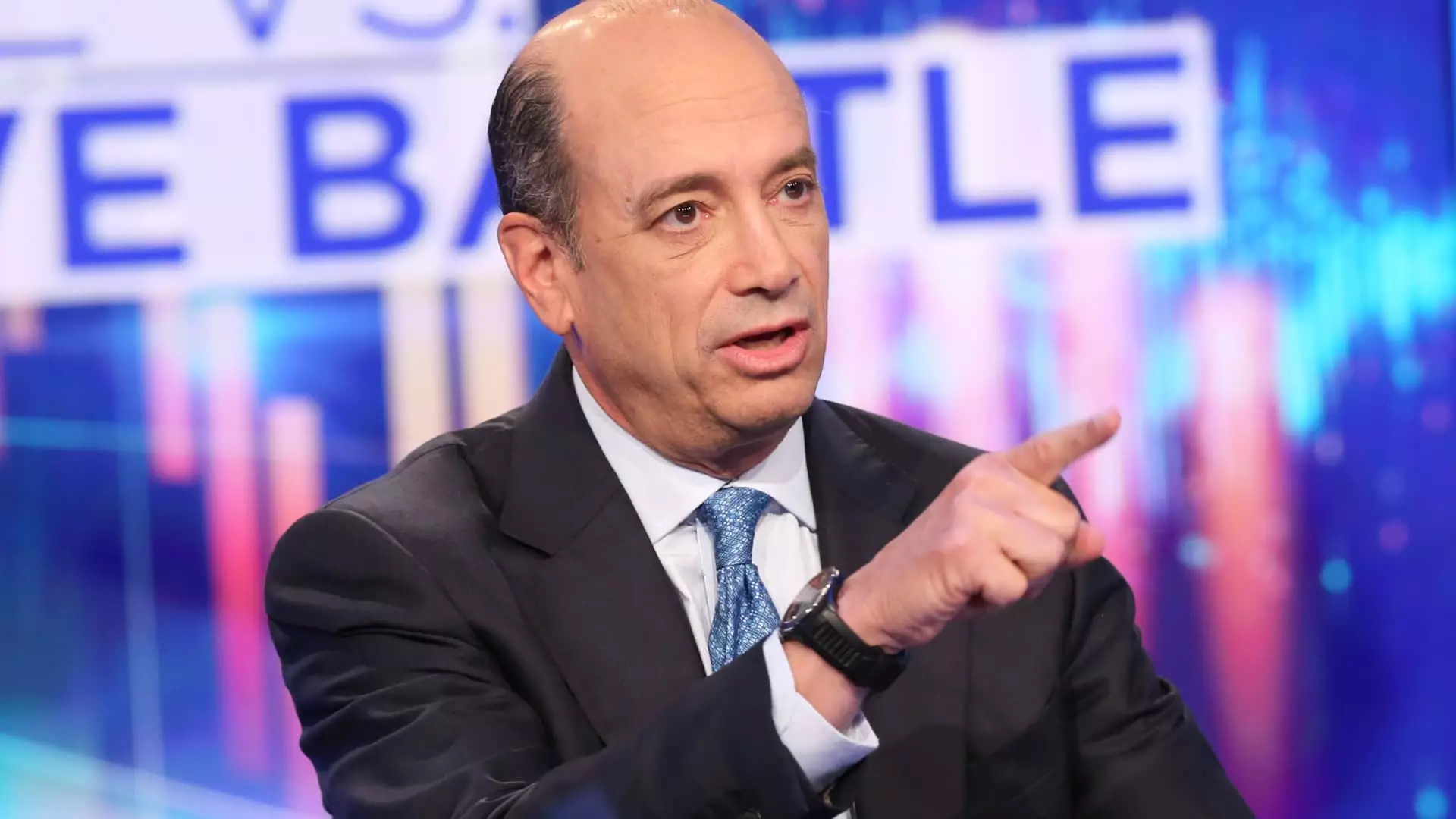Value investing has been cast in an unfavorable light lately, often characterized as an outdated strategy in the face of soaring growth stocks and the passive investing revolution. Many critics argue that these traditional metrics—vars like price-to-book and price-to-sales ratios—have become relics that fail to capture the true essence of what makes a stock valuable. Harsh assessment aside, Joel Greenblatt of Gotham Asset Management, a stalwart in the investing world, suggests that value investing is as relevant as ever, albeit it requires a revisit of how we define and approach it.
The crux of Greenblatt’s argument is that we ought to look beyond mere financial ratios. He asserts that investing should be approached similarly to private equity: valuing the entire business based on its cash flows. This perspective pushes us to rethink how we judge a stock’s potential and underscores the emotional volatility of the marketplace, which can create opportunities for discerning investors. Indeed, the turbulence in contemporary markets reveals that sticking to rigid definitions of value may inhibit one’s investment success.
The Rise of Growth Stocks: A Double-Edged Sword
The past two decades have been tumultuous for value investors. With growth stocks skyrocketing—reportedly experiencing nearly a 700% increase compared to just 189% for their value counterparts—many value enthusiasts have found themselves sidelined in a landscape dominated by rapid technological advancements and ever-increasing valuations. Growth stocks have claimed leadership post-2008 financial crisis, feeding a narrative that value investing is waning, but can we really equate popularity with superiority?
The rapid ascension of growth stocks, particularly propped up by the unwavering demand for index funds and ETFs, has bred a false sense of market safety. Ironically, this shift towards passive investing has masked the inefficiencies of the market, painting a rosier picture for growth investors while leaving value enthusiasts punctured and bruised. Yet beneath this chaotic surface lies an inherent opportunity for those willing to look beneath the headlines and recognize the true worth of undervalued stocks.
Why the Tide Might Be Turning
Greenblatt posits that it’s “abnormal” for the largest stocks to consistently outperform the broader market, hinting that the pendulum could swing toward value investing once again. It’s worth considering that markets are inherently emotional and subject to cycles. As a disciplined value investor diligent in seeking out hidden gems, one could potentially benefit from the inevitable return to fundamentals as market exuberance wanes, paving the way for undervalued stocks to shine.
In other words, the current dominance of growth stocks invites a paradoxical scenario where their intense focus calls for vigilance. When the market inevitably corrects, those who have championed traditional value investing methodologies, embracing a background of rigorous business valuation, stand to gain the most.
Discipline in Value Investing: An Imperative Trait
The essential quality that distinguishes a proficient value investor lies in their discipline. Greenblatt emphasizes the importance of this trait, exclaiming that a “very disciplined” approach entails diligently tracking a company’s worth and adequately capitalizing when the market offers a chance to buy low. Understanding cash flow, operational viability, and market potential should be the guiding principles of any serious investor in the value arena.
The landscape may appear bleak for value seeking, but it remains a treasure trove for those committed to the strategy. Experienced investors can navigate these waters successfully by realizing the advantages of having foresight to see beyond current trends, utilizing a value lens to allow for opportunities unnoticed by the broader market.
One must consider Greenblatt’s assertion with a grain of skepticism yet tempered hope. Although the past decade has seen a reign of growth stocks, it’s refreshing to hear encouragement for a revival in value investing practices. The fundamental principles may not have dissolved; rather, they have been overshadowed by flashy narratives that attract the masses.
In reconsidering the essentials of cash flow valuation and disciplined investment, there lurks a potential revolution waiting at the periphery of the bustling stock market. Perhaps value investing won’t merely come back—it may surge in prominence as investors realign with timeless wisdom amidst frantic market behavior. In the end, the journey of navigating investments may not be so different from unearthing hidden treasures in the midst of chaos, but that journey requires patience and, above all, discipline.

